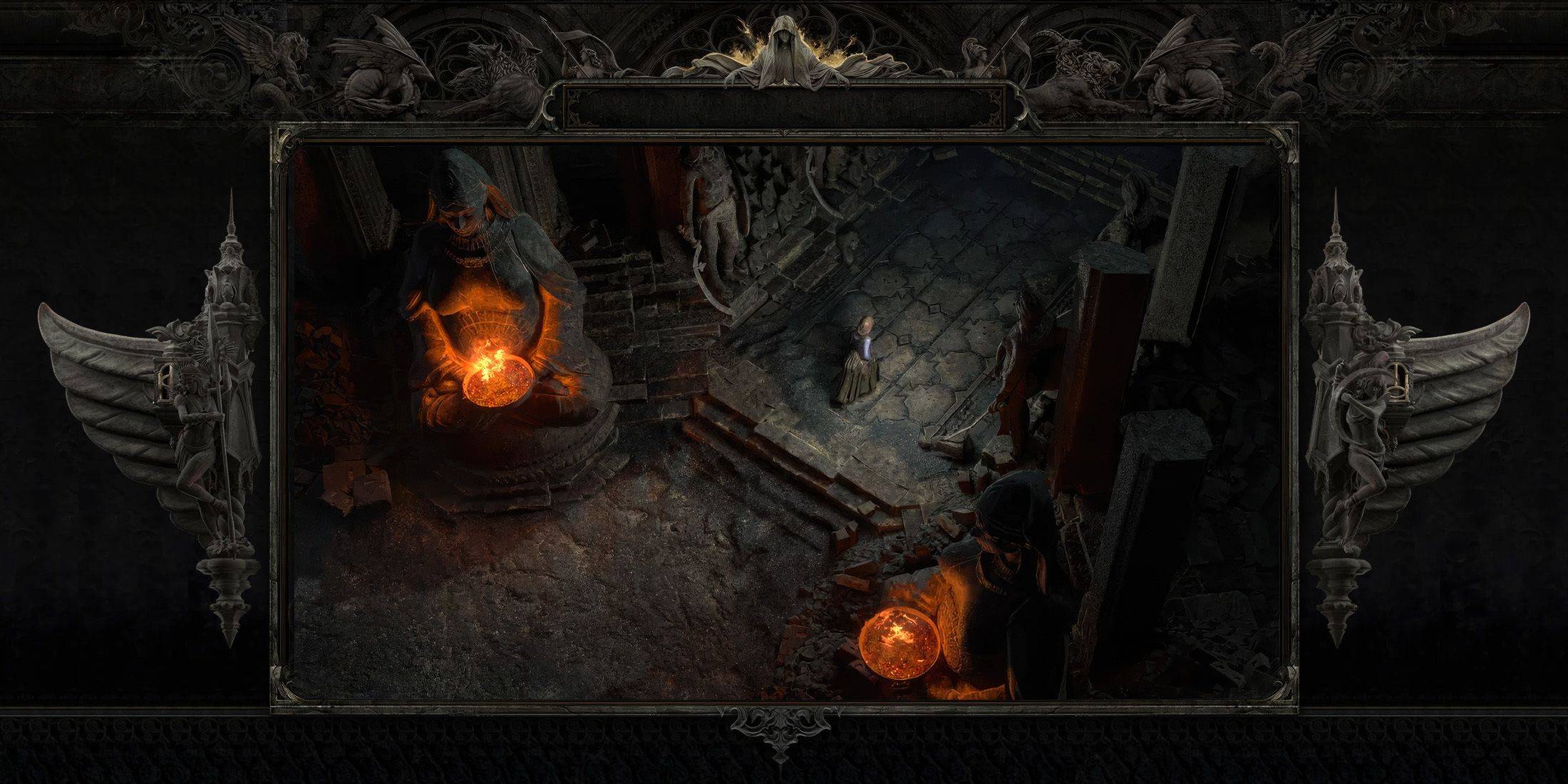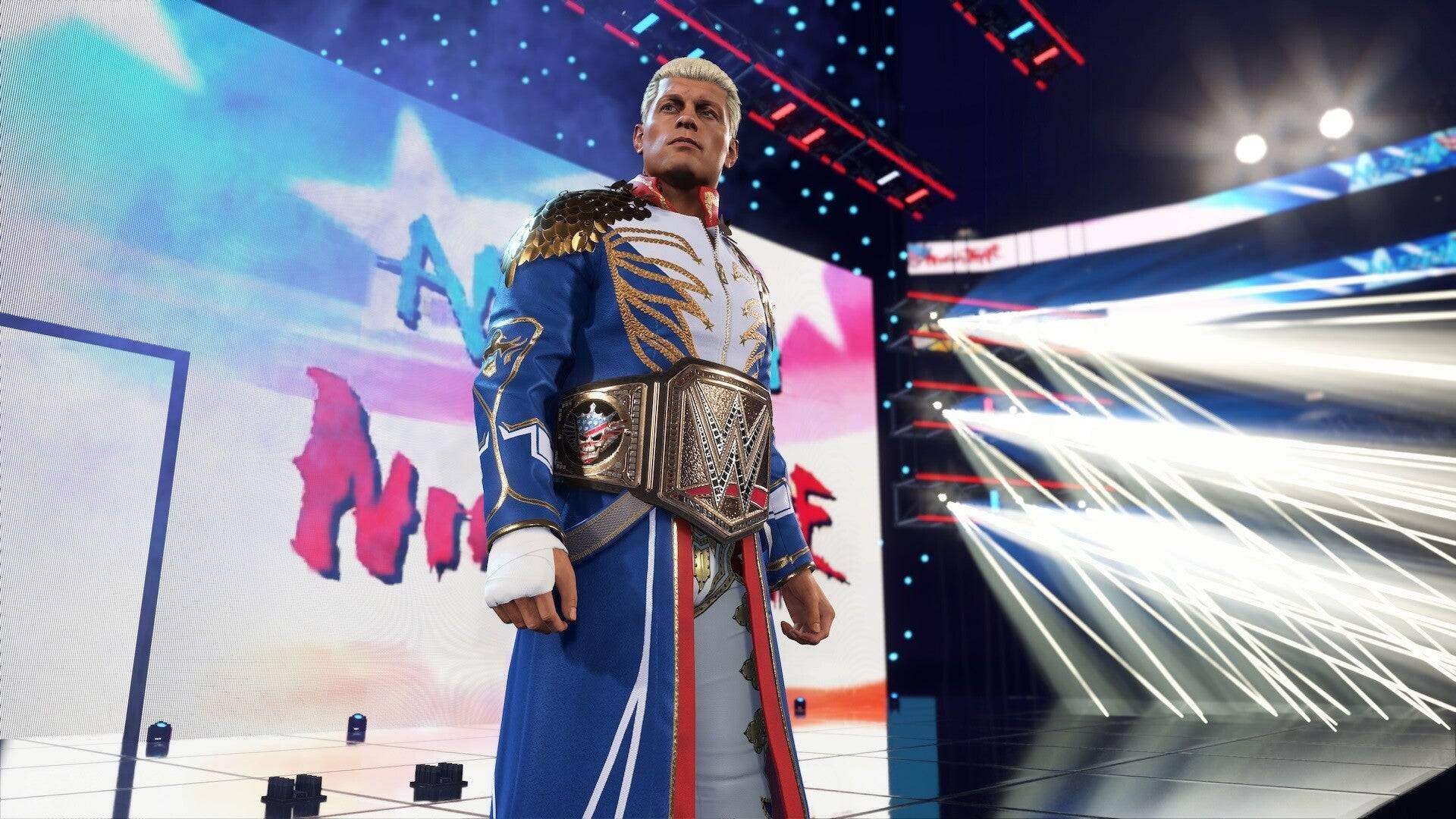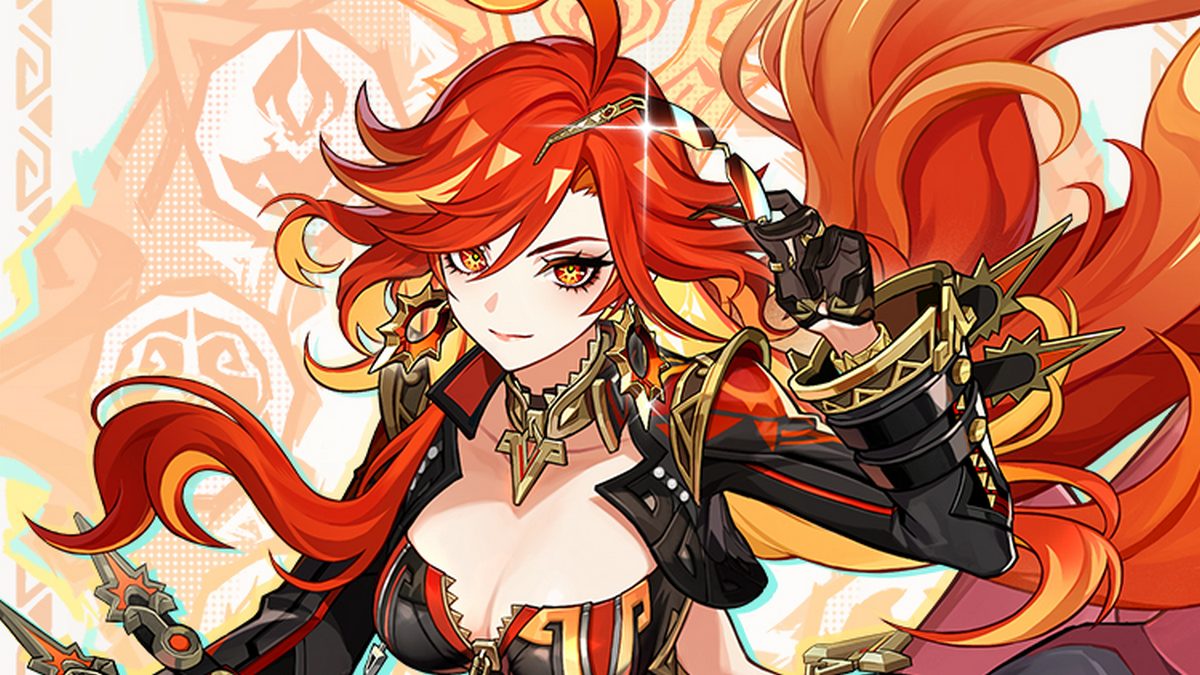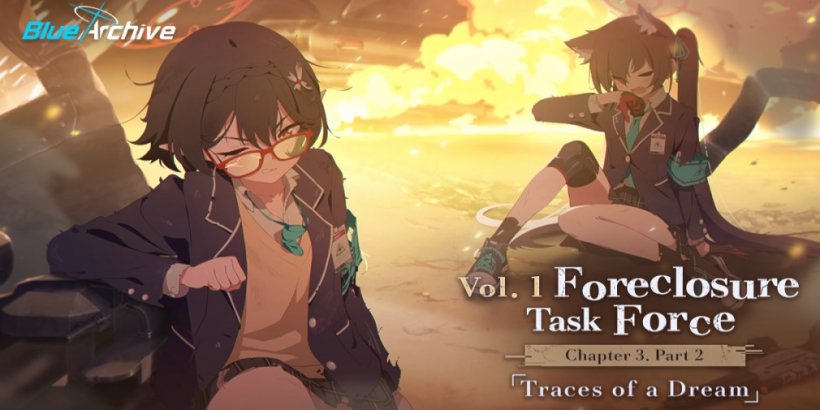The God of War franchise has remained a cornerstone of PlayStation consoles across four generations. When Kratos embarked on his wrath-fueled quest to ascend as the new god of war in 2005, few could predict the path this fierce deity slayer would take two decades later. Unlike other enduring game series that falter in maintaining relevance, God of War has endured by embracing transformation. The pivotal shift came with the 2018 reboot, which uprooted Kratos from Ancient Greece and plunged him into Norse mythology, revolutionizing both the series’ visuals and gameplay. Even prior to this widely praised overhaul, Sony Santa Monica introduced subtle yet significant tweaks that kept the franchise vibrant.
Continued reinvention will be vital for God of War’s future triumphs. When the series transitioned to its Norse backdrop, director Cory Barlog expressed ambitions to explore settings like the Egyptian or Mayan eras. Recent whispers of an Egyptian theme have resurfaced, and while these may be speculative, the allure of Kratos navigating the culturally rich and mythologically vibrant Ancient Egypt is undeniable. A new setting, however, is merely the beginning: the next chapter must reimagine itself as boldly as the Norse games did, taking the strengths of the Greek trilogy and enhancing them for the acclaimed Norse saga.
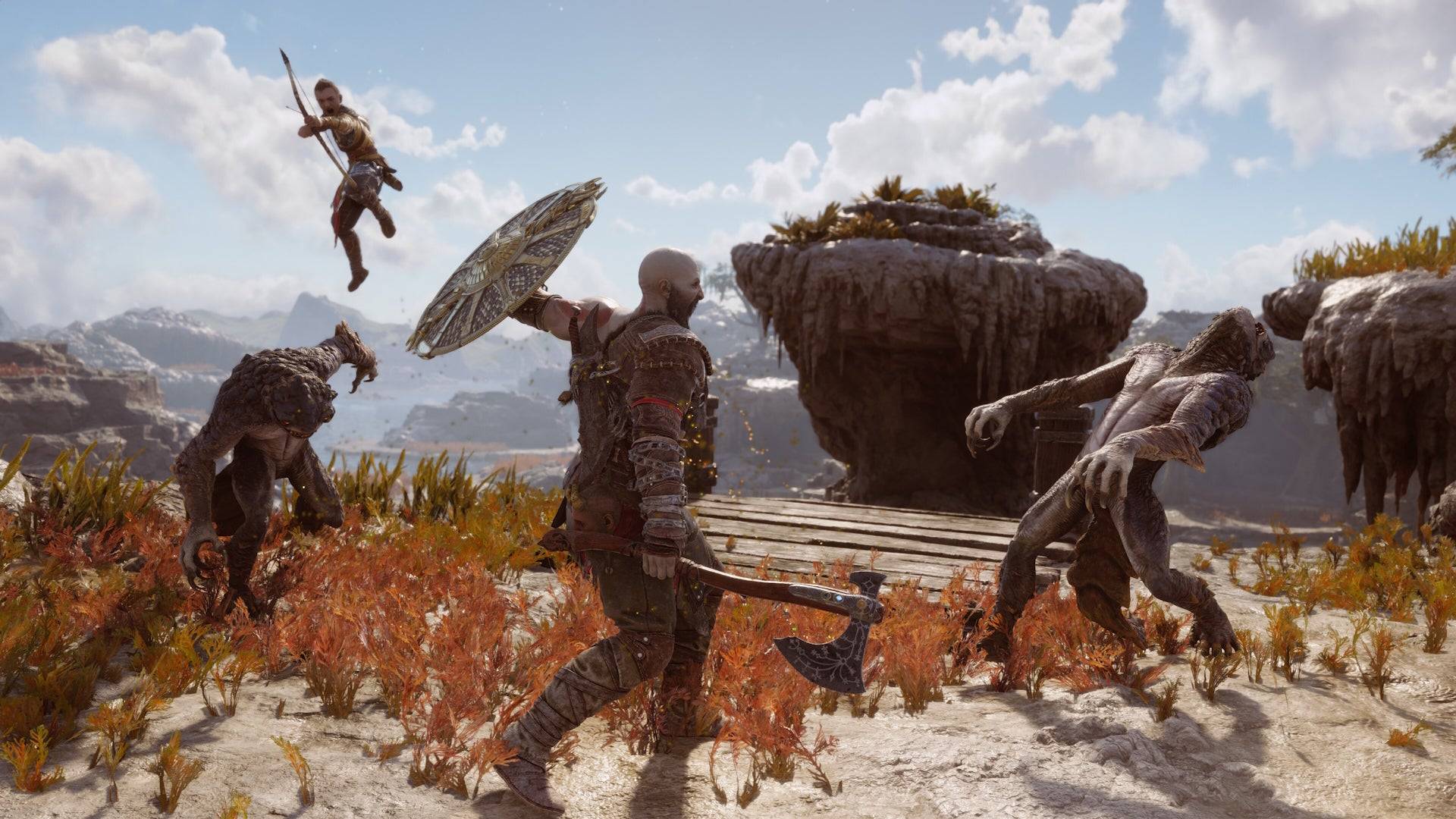
The franchise has consistently embraced evolution with each installment. The original Greek titles refined their hack-and-slash mechanics over a decade, culminating in the polished brilliance of God of War 3. By the trilogy’s conclusion, Kratos wielded an enhanced magic system that complemented the fluid, combo-driven melee combat, facing a wider array of formidable foes. Built for the PlayStation 3, the final chapter leveraged the console’s power to introduce dynamic camera angles and stunning visuals that were groundbreaking in 2010.
The 2018 reboot shed many elements of the Greek trilogy. Platforming and puzzle-solving, integral to Kratos’ earlier quests, were prominent in the original games but diminished in the Norse titles, partly due to the shift to a third-person, over-the-shoulder camera that didn’t suit platforming. Puzzles persisted but were reimagined to align with the series’ new adventure-focused design.
The Valhalla DLC for God of War Ragnarök brought Kratos’ journey full circle by revisiting the Greek era’s mechanics and narrative. Battle arenas, a staple since God of War 2, allowed players to customize difficulty and opponents, creating iconic moments in the original series. Absent in the 2018 reboot, these arenas returned in Valhalla, adapted for the Norse setting. The DLC’s story mirrored this return, with Týr guiding Kratos to confront his past in Valhalla, blending mechanical and narrative nods to the Greek roots.
The Norse games aren’t merely rehashes of old ideas. They introduced innovations like the Leviathan Axe’s unique throwing mechanics, a parry system enabled by diverse shields, and, in Ragnarök, a magical spear for swift, explosive attacks. These tools enrich exploration across the Nine Realms, each with distinct enemies, visuals, and traits.
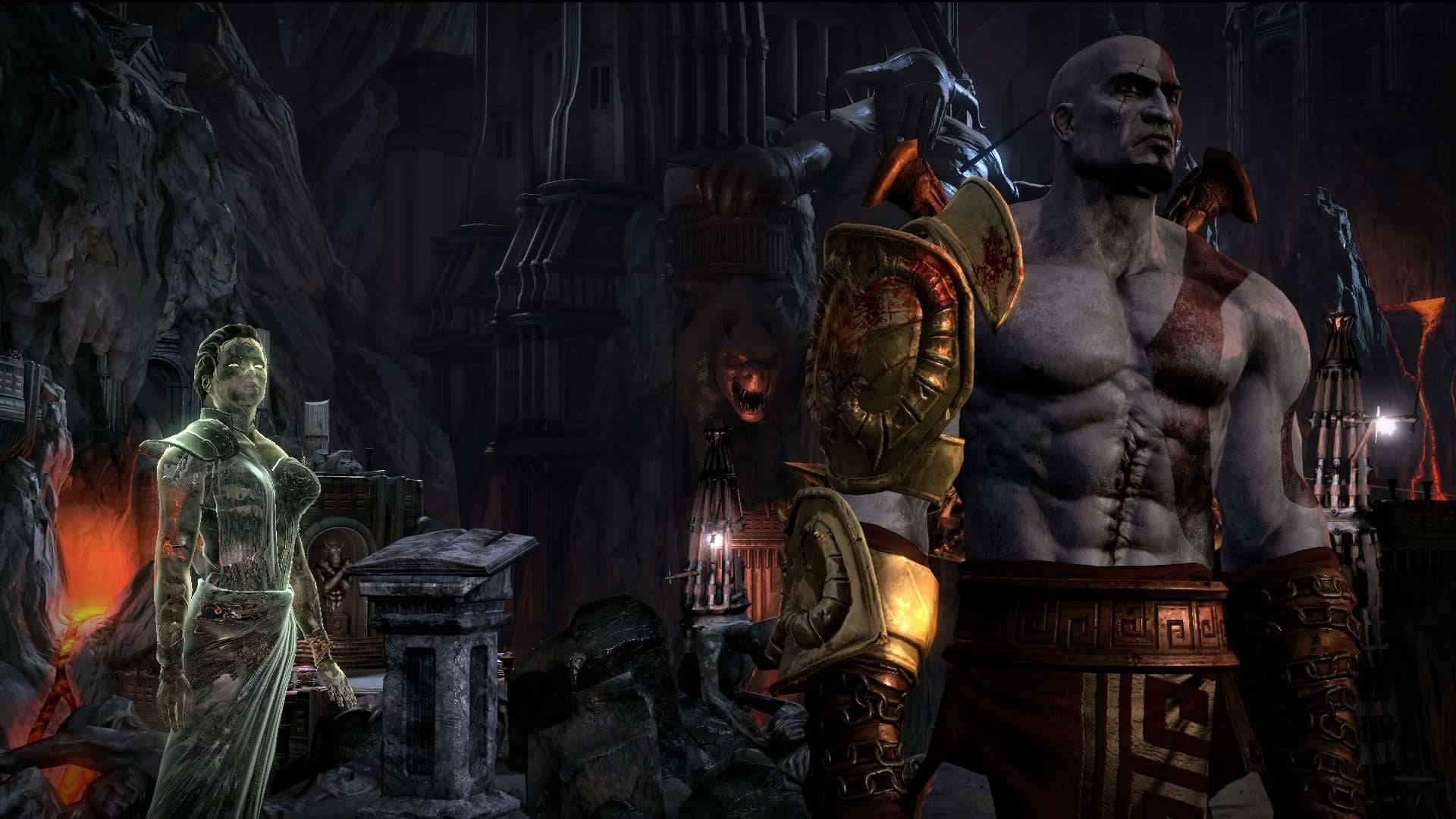
Beyond combat and exploration, the narrative divide between the Greek trilogy and Norse duology is striking. The Norse era delves into Kratos’ grief over his late wife, fueling his inner turmoil and strained bond with his son, Atreus. Their evolving relationship and personal revelations mark a stark departure from the trilogy’s more visceral storytelling, with this emotive approach driving the Norse games’ critical and commercial acclaim.
God of War’s drastic shift in mechanics and narrative stems from a unique franchise philosophy. The developers view the Norse games not as traditional sequels but as continuations of Kratos’ saga. This mindset must guide future chapters.
Reinvention alone doesn’t guarantee success, as seen with Assassin’s Creed. Despite frequent shifts in setting and era, Ubisoft’s series, while profitable, hasn’t sustained the same fan devotion across generations as God of War. The 2017 pivot to an open-world RPG with Assassin’s Creed Origins weakened ties to the series’ core assassin lore. The narrative thread once anchored by Desmond Miles has frayed, and the RPG era’s expanding scope has sparked division, with critics noting content bloat and a drift from the series’ stealth roots toward broader warrior fantasies.
Assassin’s Creed has attempted recalibrations, starting with 2023’s Mirage, a shorter, Middle Eastern-focused soft reboot that echoed earlier games’ stealth and structure, earning solid praise. Assassin’s Creed Shadows continues this trend with Naoe, a stealth-centric character evoking the Xbox 360-era titles.
Assassin’s Creed’s uneven reinvention highlights the risks of straying too far from a series’ core. God of War, however, has masterfully balanced change with continuity. The Norse games, while a bold departure, retained Kratos’ compelling essence and the series’ combat-driven identity. They preserved the Greek trilogy’s fiery combat core, building fresh innovations atop it—expanded Spartan Rage, dynamic weapons, diverse combat options, and new playable characters. These enhancements deepened the series’ lore and identity, a blueprint any future installment, whether set in Egypt or beyond, must follow.
Whether the Egyptian rumors hold true, the next God of War must uphold the franchise’s legacy of evolution while preserving its strengths. In 2018, success hinged on delivering combat that matched the Greek trilogy’s intensity. Moving forward, the narrative—Kratos’ transformation from a vengeful beast to a nuanced father and leader—will be the cornerstone. The next chapter must build on this storytelling prowess while daring to innovate, aiming to define the pinnacle of God of War’s next era.

 Latest Downloads
Latest Downloads
 Downlaod
Downlaod




 Top News
Top News